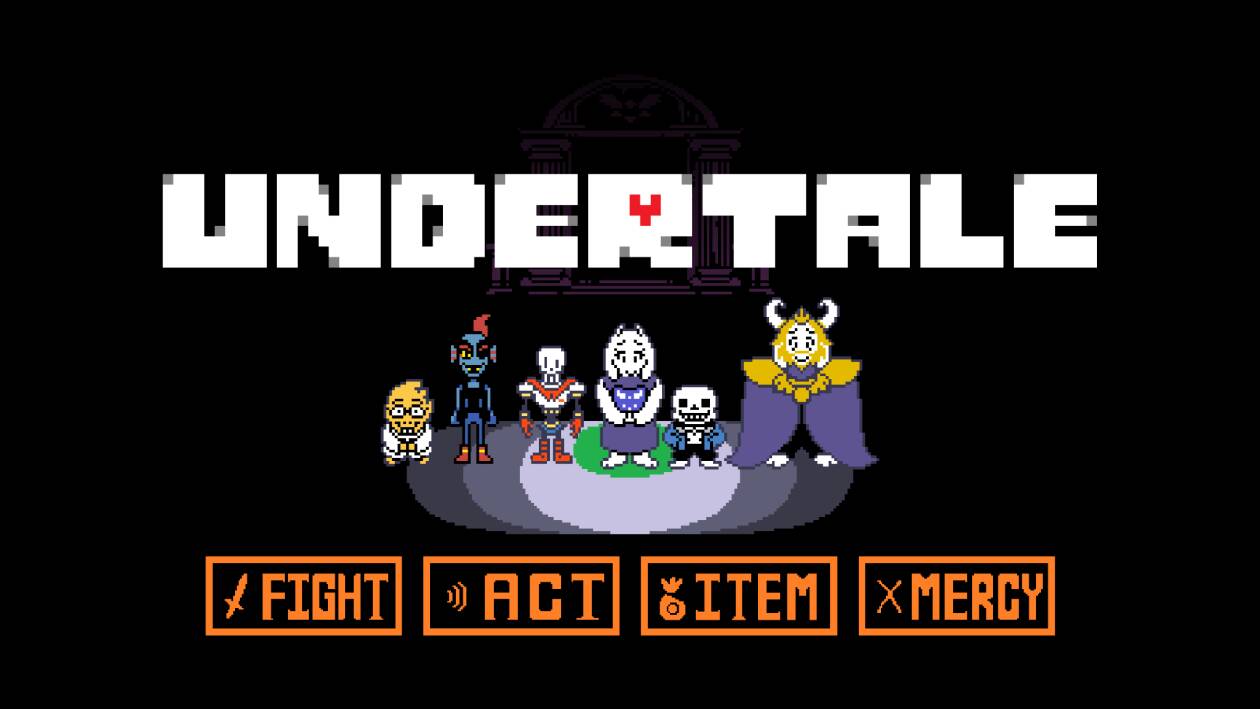Launched in 2015, Undertale is an indie game developed by Toby Fox that caught the attention of gamers around the world thanks to its compelling storyline, unforgettable characters and innovative gameplay. The story of Undertale takes place in an underground world, populated by monsters, where the protagonist, a child who has accidentally fallen, has to find a way back home. Along the way, the player encounters a series of fascinating and unique characters, each with a distinctive personality and a personal story to tell. What makes Undertale so special is its deep emphasis on moral choices. During the game, the user has the opportunity to decide whether to approach encounters peacefully or combatively. This will directly influence the plot and the way the characters react to the protagonist. Undertale’s outstanding feature is the ability to complete the entire game without ever killing a single enemy, through a unique combat system that offers options for negotiating, saving and even befriending other characters.
Japanese Localization: The Yakuwarigo

In 2021, Japanese stands out among the official languages in which Undertale has been localized. In the context of the language phenomenon of Japan, it’s important to emphasise the concept of Yakuwarigo, a term coined by linguist Satoshi Kinsui in 2003. Yakuwarigo is a virtual language and a tool that writers and translators use in fiction to help readers recognise the various characters and stereotypes in a story. According to Teshigawara and Kinsui, in Japan there’s a difference between the way people speak in real life and in fiction: Yakuwarigo varies depending on a character’s attributes, such as gender, age, social status, occupation, where they live, appearance, etc. In Japanese translations, it seems to be more common to translate the conversation of all female or male characters into overly feminine or overtly masculine conversations, regardless of their personality and background. Analysing the way various characters speak in Undertale, it was shown that the Japanese version of the game makes abundant use of Yakuwarigo.
For example, the red-haired anthropomorphic fish-woman Undyne, captain of the royal guards, in the original English version often shouts when about to start a fight and frequently uses fillers such as ‘huh’. In the Japanese version, Undyne uses watashi and kisama as first- and second-person pronouns, and sometimes uses the threatening honour when addressing the protagonist, but switches to omae if the protagonist becomes his friend. It also uses the zo forms, typical of otoko kotoba and military language, with the exception of watashi, which is gender-neutral.
Difficulties in russian localization

The issue of video game localization is still underdeveloped in Russia and requires further research on the subject due to legal problems, which also affects the number of studies conducted. Although the quality of translation and in-game texts may be high, design problems can lead to dissatisfaction with the gaming experience and general frustration. The most noticeable errors are related to the inability to insert the sentence into the screen or text box due to length problems. In fact, it was noted that the number of characters in a Russian paragraph is 1.6 times longer than in an English paragraph. These discrepancies in length can affect the final quality of the localized version. An important aspect is the fact that Russian localizations are very often made by the Undertale community. The Russian fan translation was realised by the Tales&Stories team and the ZoG forum team. In total, almost 30 people worked on the Russian localization, including translators, editors, programmers, testers and artists. Since fan localizers are not bound by obligations to the developer, they have more freedom in their work. Moreover, as localization becomes a passion project for the community, the quality of their work can be influenced by their opinions and standards.
In conclusion
The localization of Undertale into various languages demonstrates the importance of considering the essence and humour of a game during the translation process. Preserving the narrative, characters and moral choices that make Undertale such a unique experience is crucial to allowing players from all over the world to fully dive into the magical and immersive world created by Toby Fox. Despite the challenges, Undertale localization is an example of success in video game translation. Thanks to the efforts of the translators and localization teams, the game has been made accessible to an international audience, allowing players of different languages to enjoy the immersive experience and emotional depth that Undertale offers.
Have you already read our in-depth review on Heavy Rain?





